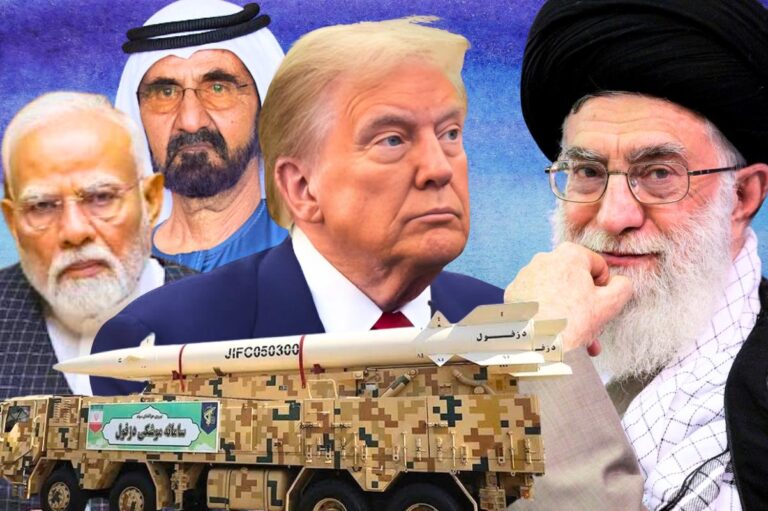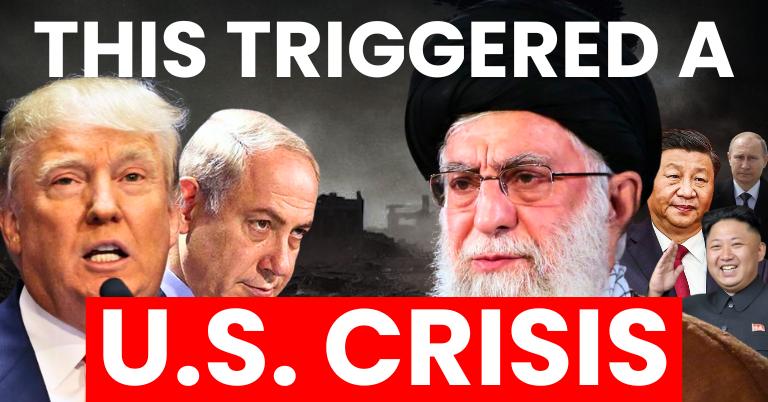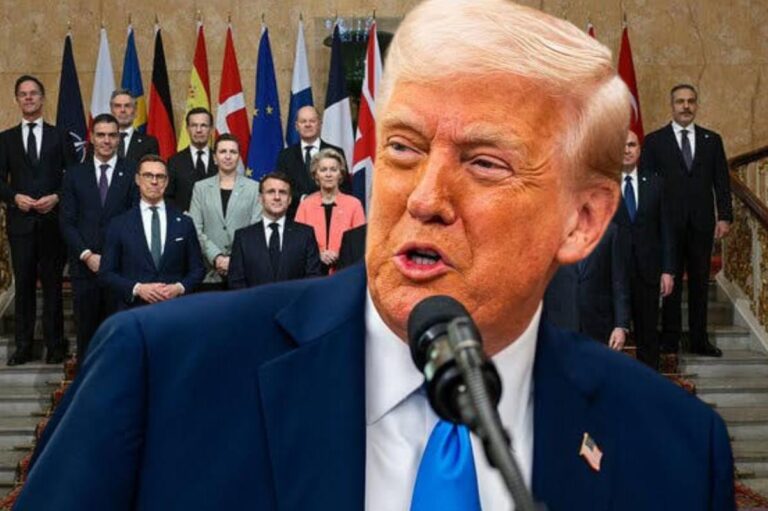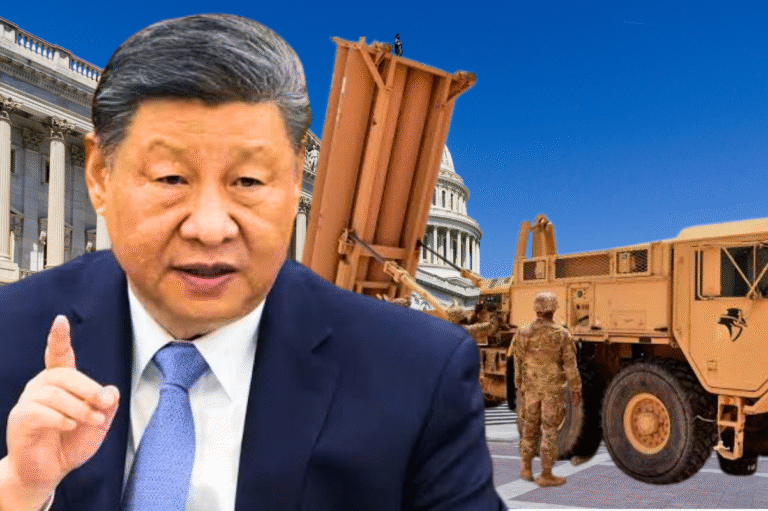Trump Slams Israel and Iran for Truce Violations, Urges Restraint
After nearly two weeks of escalating aerial bombardments and missile exchanges that have shaken the Middle East, a glimmer of de-escalation has emerged. President Donald Trump announced a “complete and total ceasefire” between Israel and Iran via social media. This declaration comes amidst a cycle of destructive strikes between the two nations. While Israel has publicly affirmed its agreement to the proposed truce, Iran’s response has been less definitive. Reports of continued missile launches raise concerns about the true extent of the cessation of hostilities. Trump has come out to Slam both Israel and Iran for Truce Violations.
Trump’s Role and Qatari Mediation
Donald Trump’s announcement of a ceasefire marks a notable intervention in the ongoing conflict. According to senior White House officials, Trump directly engaged with Israeli Prime Minister Benjamin Netanyahu to secure Israel’s commitment to the ceasefire. Simultaneously, Vice President JD Vance, Secretary of State Marco Rubio, and special envoy Steve Witkoff facilitated backchannel communications with Iranian officials.
Qatar played a pivotal role in these diplomatic efforts. The Qatari government is credited with brokering the ceasefire, utilizing its strong ties with Tehran to facilitate communication and agreement. This mediation underscores the intricate web of regional diplomacy that often shapes Middle Eastern conflicts.
The “12-Day War” A Recalled History and Persistent Strikes
Trump’s characterization of the recent conflict as the “12-Day War” draws historical parallels, particularly with the 1967 “Six-Day War,” a pivotal moment in the Arab-Israeli conflict. This naming choice holds significant emotional weight, especially for Palestinians, as it evokes the territorial changes that followed the 1967 war.
Despite the ceasefire announcement, the situation on the ground remains fluid. Initial reports suggested a phased implementation, with Iran expected to halt its fire first. However, missile barrages from Iran continued even after the supposed deadline, leading to casualties and damage in Israel, particularly in the Beersheba area. In response, Israel threatened “intense strikes” on Tehran, accusing Iran of violating the nascent truce. Iran has vehemently denied these claims, asserting that its last attacks were launched before the ceasefire’s designated start time. This discrepancy highlights the deep-seated distrust and the potential for misinterpretation that could swiftly undermine the fragile peace.
On the Ground: Aftermath and Continued Vigilance
The impact of the recent hostilities has been severe. Residential buildings in Israel have sustained heavy damage, and missile interceptions have been witnessed over cities like Jerusalem. Israelis have been urged to seek shelter as waves of missiles have descended. In Iran, reports from state media indicate that Israeli airstrikes targeted Tehran and other areas intensively up until the ceasefire’s supposed commencement. The full extent of damage to Iran’s nuclear program, targeted by US strikes prior to the ceasefire, remains unclear.
International Reactions and Future Uncertainties
The international community closely monitors the unfolding developments, harboring hopes for a sustained de-escalation. Russia has welcomed the ceasefire, expressing its desire for stability. However, the deep-seated grievances and strategic rivalries between Israel and Iran pose a significant challenge, making any truce inherently precarious. Iran’s semi-official SNN news agency reported on Tuesday that Tehran fired its last round of missiles before the ceasefire came into effect.
Concerns persist regarding Iran’s nuclear ambitions. The United States had previously carried out strikes on Iranian nuclear facilities with the intention of crippling their program. The effectiveness of these strikes and Iran’s future intentions regarding uranium enrichment will determine the long-term stability of the region.
Also read, Why World War 3 May Not Just Be a Theory Anymore.
The Gaza Factor – A Lingering Shadow
Amidst the ceasefire between Israel and Iran, the ongoing conflict in Gaza has also garnered significant attention. Israeli opposition figures have called for an end to the “20-month war” with Hamas, urging the government to secure a truce and the return of hostages. This interplay between these conflicts underscores the interconnectedness of regional security.
Conclusion
While the announcement of a ceasefire between Israel and Iran offers a much-needed respite from immediate hostilities, the path to lasting peace remains fraught with challenges. The lack of complete synchronization in confirming and adhering to the truce, coupled with the underlying geopolitical tensions and the unresolved Gaza conflict, suggests that this “complete and total ceasefire” may prove to be a delicate and easily disrupted pause in a long-standing regional rivalry. The coming days will be pivotal in determining whether this diplomatic breakthrough can truly translate into a sustained period of calm or merely a temporary lull before the next escalation.






